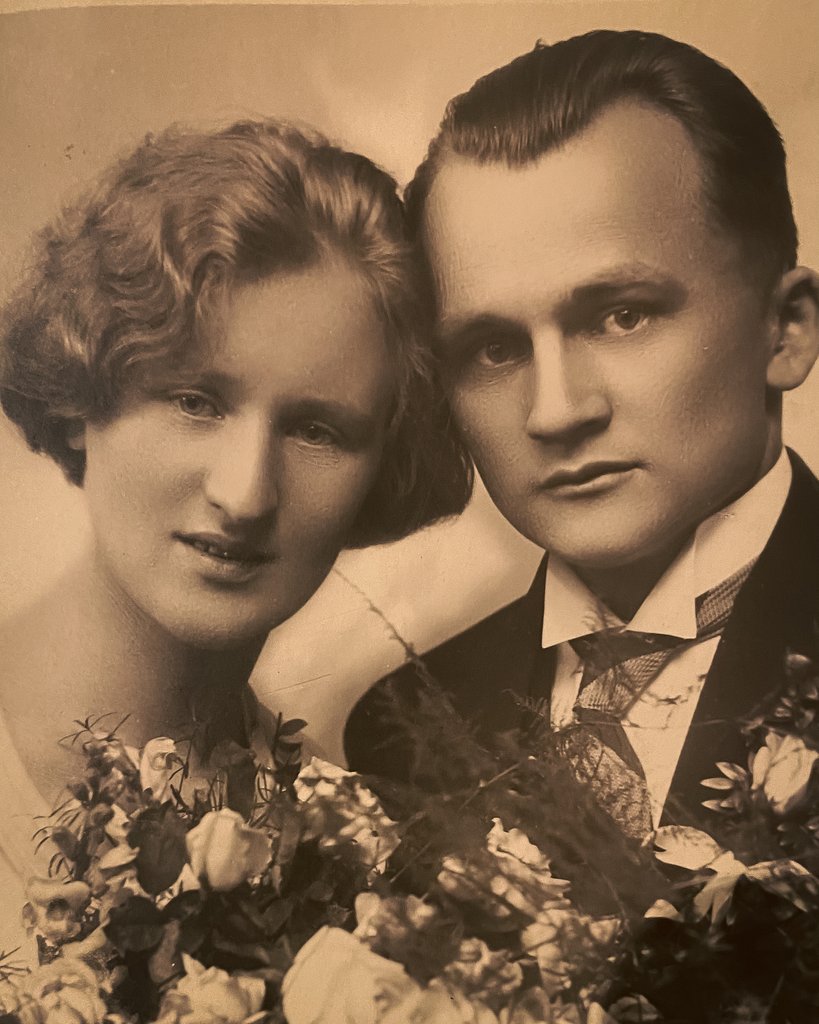
One thing that most people do not think about
As often happens, my inspiration for writing comes to me while out on a dog walk. I am now nine time zones away from Prague, but I still remember that sunny fall day walking underneath a golden canopy of trees stretched out above my head.
A few minutes into our walk, I ran into one of my friends who was out with a friend and their 12 year old dachshund. “This is Peter, he is a vet,” my friend introduced me to her companion. “Shhhhh,” I whispered jokingly, as I prefer to remain anonymous when it comes to my profession. Dog walks with Pax are sacred for me, and I try my best to keep it that way.
But then, I also meet dogs who have health issues, and I can’t just walk by and say nothing.
On this occasion, I learned that the dachshund has suffered from chronic pancreatitis for long time, and that he was fed kibble (no surprise there) and rice.
Obviously the owner had no clue that most rice contains large amounts of arsenic, due to serious water pollution problems, and the fact that rice requires a lot of water to grow. Also, rice is not species appropriate food for dogs.
Note: If you are looking for a healthier alternative to rice for yourself, you can substitute with organic quinoa, whole grains, or legumes. These options are not polluted with arsenic and have not been treated with pesticides.
As you can see, food pollution, environmental toxins, and waste in general are often on my mind. I feel frustrated that many people still throw recyclables in the garbage when they could be put to good use, and prevent further unnecessary plundering of natural resources.
More mining, resource extraction, and unnecessary food waste results in a greater amounts of toxins being released into the environment. Glass, cans, paper, and plant and food leftovers that go to waste are a lost opportunity to make the world less toxic and depleted.
When I see all of this going on, it makes me think about my grandfather. The reason why I often write about him is that he continues to inspire me, even 30 years after his passing. He recycled paper, cans, glass and fabric in the 1970’s.
In fact, recycling was quite common then, and I recall having a board in our classroom that listed the scores for a pupils’ recycling competition.
Kids were taught to recycle in the seventies. Wild isn’t it?
Now you know why I am super sensitive about finding recyclables in the garbage. Our habits are formed early on.
My past experience is one of the reasons why my team and I have done much more than the average company when it comes to the eco-friendliness of our production and shipping process.
Our products are packaged in recyclable glass and shipped in recyclable eco-sleeves, with no plastic used, which is still very rare, and I am grateful that many of you appreciate what we are trying to do. Your choices matter, and you know it.
Some people may comment that a relatively small company like ours is not enough to create the much needed shift, but at least it opens up a discussion, and hopefully makes us all think about the choices we make every day.
The crazy world of yogurt aisles
I recently walked through and took some pictures of the yogurt aisle in a local supermarket which was at least 150 feet long! It had an absolutely overwhelming selection of yogurts and kefir’s from every corner of Europe.
I often talk about my home country of Czech Republic in positive terms, but the excess of supply really concerns me. People assume that having 100 options for every item on the store shelves is the way it should be, and that it is also a mark of economic success and prosperity. To me, it is a disaster waiting to happen.
It appears that most people don’t think about the impact this excess and unnecessary manufacturing has on the planet.
In reality, more kinds of yogurt and longer aisles to fill with products mean more plastic and more energy needed to produce them, a greater number of cows being confined in “dairy farm prisons,” and more calves taken away form their mothers way too early. This is the reality of modern day farming everywhere.
If we want to save our planet, we need to address this “delusion of abundance,” shop wiser and start teaching our kids from an early age at school which products are good, and which ones are not.
I am also convinced that more people would do the right thing if someone simply pointed out the problem. I bet people do not even think about all of the above, and it would be so easy to have school curriculum help create awareness and the right habits from a young age.
- We can choose to buy yogurt only from local sources, and packaged in glass.
- We can buy organic yogurt to reduce the use of antibiotics and chemical preservatives.
- We can reduce the amount we buy, to compensate for higher costs of choosing organic.
- Buying and eating less may help us lose a few extra pounds.
- We can also eat plant-based yogurts to reduce the suffering of cows and their calves on dairy farms.
- We can shop and support small local stores instead of wasteful megastores.
I trust that this all makes sense that you see that a similar approach can be applied in every aspect of our lives.
Are you in? I hope you are! 🌎❤️
Further reading on this topic:
Four things you need to know about pet food and supplement packaging
7 Things good countries and good companies have in common
Are human lives more valuable than animals?

